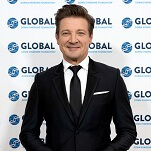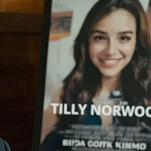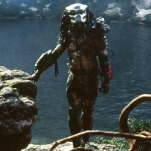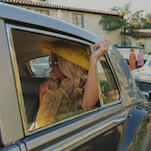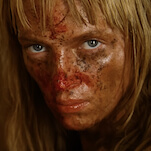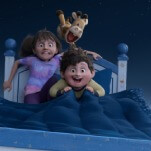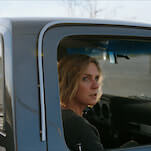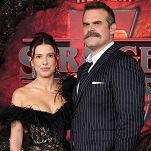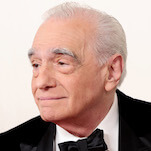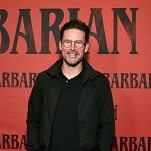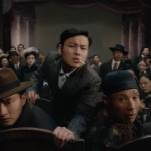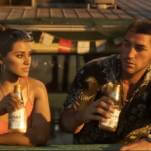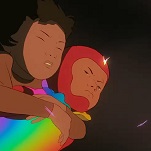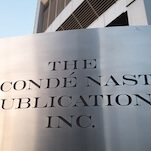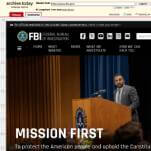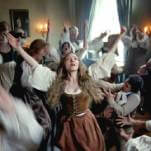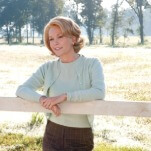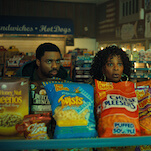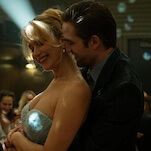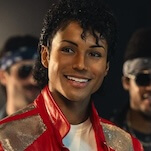Fresh off the historic success of Jaws and Close Encounters Of The Third Kind, 32-year-old wunderkind Steven Spielberg decided his next movie would be a comedy when he ran across a script by a pair of USC film brats about the comic hysteria that ensues when Los Angeles becomes convinced it's being attacked by the Japanese in the early days of World War II. The screenwriters were Robert Zemekis and Bob Gale, the story was very, very loosely inspired by actual events and the ensuing film would become 1941, which at the time ranked as the most expensive comedy of all time and would go on to become an unmitigated disaster.
The result feels like a glorified Three Stooges skit blown up to epic size, a comedy full of sound and fury, signifying nothing. 1941 suggests a joyless Mad Magazine parody of itself, a clattering, headache-inducing contraption that exerts enormous energy and effort to little discernible effect. The egregious mismatch of straight-arrow Spielberg with the kind of lowbrow, smartass comedy identified with Saturday Night Live, meanwhile, calls to mind the geeky chess club president sitting down at the lunch table with the goofball stoners for the first time and trying, and failing, to find common ground.
Spielberg stacked the cast with comic ringers from the aforementioned Saturday Night Live (Dan Aykroyd and John Belushi), SCTV (John Candy and Joe Flaherty), and National Lampoon's Animal House (Belushi and Tim Matheson). 1941 embodies the macho, gearhead comedy of Belushi and Aykroyd. As the first season of SNL confirms Aykroyd never looks happier than when spouting endless torrents of technical jargon at a machine-gun auctioneer clip. I'm surprised he's never released a comedy album of choice selections from his favorite instruction manuals. Aykroyd accordingly spends much of 1941 indulging his bottomless affection for technical mumbo-jumbo but his tongue-twisting virtuosity, like Spielberg's technical mastery, is largely wasted.
1941 is a lovely film with a few standout sequences but it is has one big drawback: it's just not funny. In fact it's brutally, brutally unfunny and after a while its size and ear-splitting volume become assaultive and dispiriting. It's telling that the end credits feature nearly the entire cast screaming with the notable exception of Robert Stack, who steals the film as an oasis of dignity and calm in a sea of unrestrained chaos. Stack's serene General Stillwell comes off like the sole reasonable adult in a city full of hysterical children, a sensation that will feel familiar to any mature grown-up who spends time in Los Angeles. In 1941's best scenes Stack tears up during the "Baby Mine" sequence in Dumbo in a sacred cathedral of a movie theater while the city flamboyantly goes to hell all around him, and later experiences surges of child-like joy and wonder during when the crows sing "When I See An Elephant Fly." But even that scene backfires: watching Stack revert back to childhood in the safety and solitude of the movie theater made me wish I was watching Dumbo alongside him instead of 1941.
A bravura set-piece where a jitterbug contest devolves into a full-on riot provides a welcome reminder of Spielberg's stylistic genius and there's a nice inter-generational meeting of the crazies where Belushi's wacko pilot connects with Warren Oates' insane officer but otherwise 1941 is a near-total disaster. Spielberg's folly is the cinematic version of the Spruce Goose. It's grotesquely bloated, humungous, criminally expensive and barely operational.
Failure, Fiasco or Secret Success?: Fiasco
